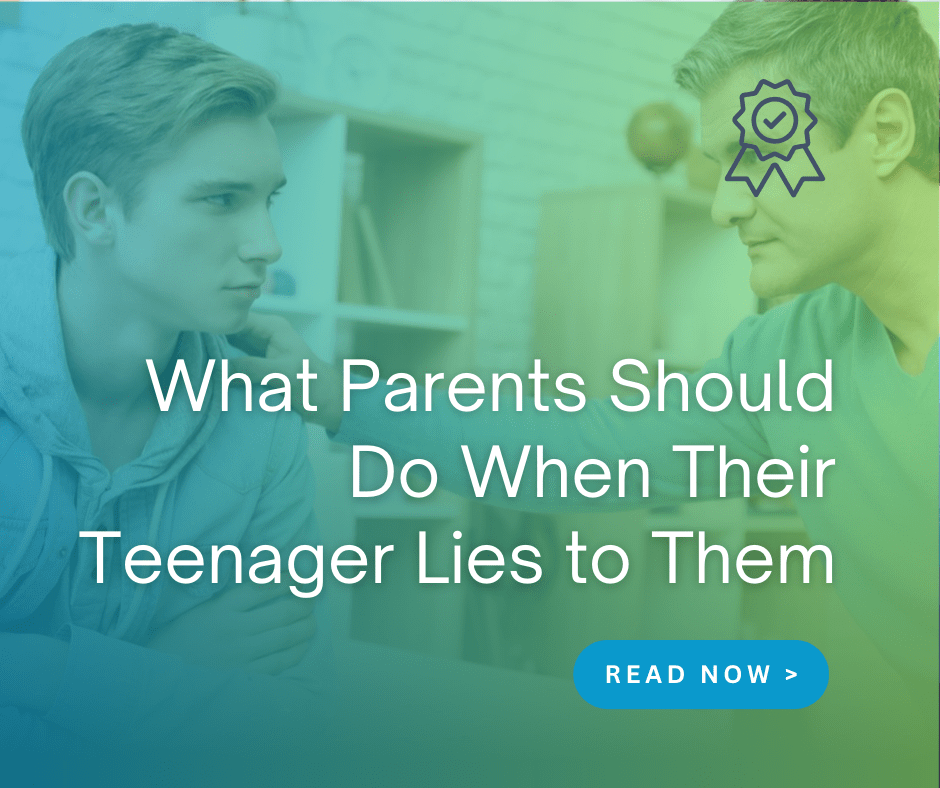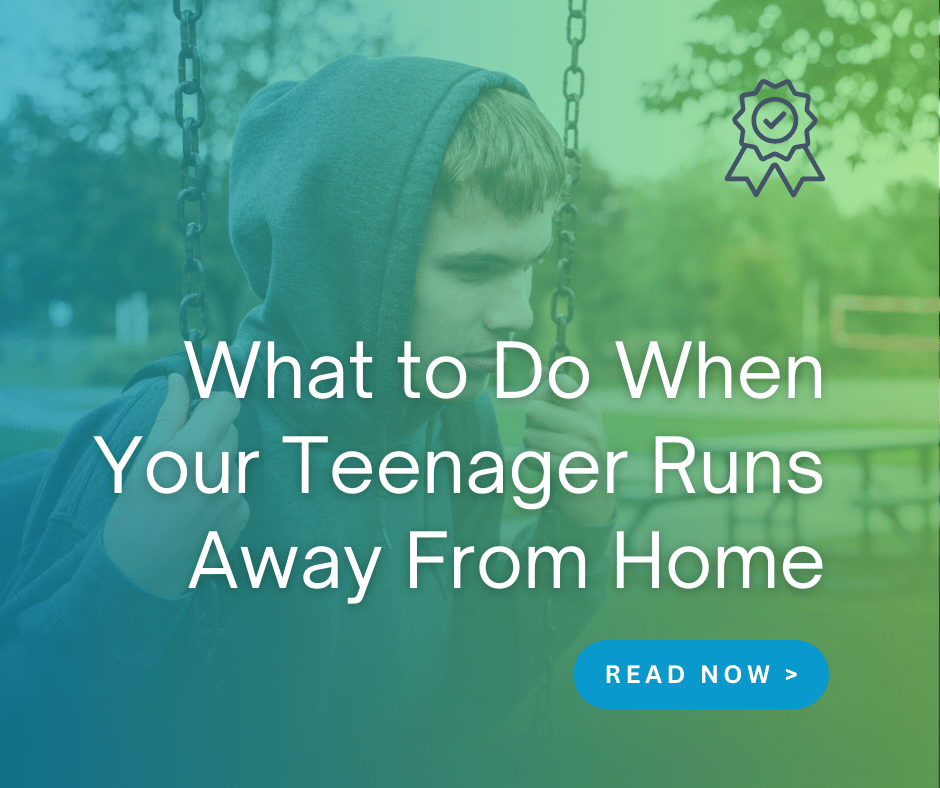When you hear about sex trafficking, you probably think, That will never happen to me. Teen sex trafficking occurs when an adolescent becomes dependent on someone who then uses her to provide sexual services for others.
Sometimes, teens could become involved in a trafficking ring by force – such as via kidnapping. (Which is why it’s been ingrained in you by your parents, ever since you were a toddler, never to go into a stranger’s car.) But more often than not, sex trafficking today can happen in a more subtle and insidious way.
They can catch you in a place you’d never expect to meet them. A place where you talk to your friends, family, and classmates. You most likely won’t even know it’s a sex trafficker when you first meet them.
We’re talking here, of course, about social media.
Social Media and Traffickers
When you use social media platforms like Facebook, Instagram, Snapchat, Kik or Tik Tok, you might be inviting sex traffickers into your life without you even realizing it. That’s why it is important for you to understand how such predators target teens like yourself.
A highly enlightening study from the University of Toledo in Ohio about social media and trafficking showed that there is a process to how online predators find teens online and then recruit them.
The article provided several examples of social media posts that draw the attention of predators. Most common posts are those that express “emptiness, fear, and disappointment.” These posts alert the trafficker to the teen’s vulnerabilities, which they then manipulate to “fill that need” and form an emotional connection.
Here are some statements that catch the attention of sex traffickers, and why:
1. “Nobody gets me.”
You might just be feeling misunderstood, but predators see this statement as an opening. They’ll interpret it as: You need someone who understands you. And they’ll make sure that that person will be them. They’ll act kind, compassionate, and nonjudgmental, knowing that that’s your weakness.
2. “I am sick of being single.”
Sex traffickers will see that you’re lonely and looking for connections. They’ll manipulate your desire for romance to start flirting with you, in the hopes that they can start an intimate relationship with you and then reel you in.
3. “How do I look? / I’m so ugly.”
Sex traffickers see that you’re unsure about your own looks and might have a low self-image. They’ll start lavishing praise on you, telling you you’re beautiful, so that you feel better about yourself.
4. “If you’re not going to support me, unfriend me.”
Traffickers interpret this as: This teen doesn’t have a strong support network, so he/she is an easy target to exploit. They’ll also interpret this as: you don’t have many good friends, or you’re not feeling confident about your friends. They’ll use this information to start forming a “friendship” with you.
5. “My life sucks.”/ “I hate my life.”
Traffickers see that you’re unhappy with your life, and realize that you don’t have much going on for you. They will start showing you ways that your life can get “better.”
6. “My parents don’t trust me.”/ “I’m being treated like a kid.”
Since this statement sounds like a cry for freedom, traffickers swoop in to “rescue” you and convince you to start a life with them. They’ll manipulate your dislike of feeling smothered or trapped by telling you that you’re an adult who can make his or her own choices. They’ll pressure you to “do what you want” and take risks. These risks will only put you in danger.
7. “I need to get out of here.”
Well, traffickers will quickly show you a way to do just that. They might seem friendly and inviting at first, offering you a place to stay (often for free) and food, but this is all just a way of getting you to put your guard down so that they can then get what they really want from you.
8. “I need to make quick money.”
Sex traffickers see that you’re desperate for cash, so they’ll offer you money/shelter/gifts/food (see above) in exchange for sexual services — even photos.
9. “Not sure what to do…”
Predators like vulnerable teens, especially ones with a low sense of self-confidence. Adolescents who don’t know how to stand up for themselves will be easier to “groom” and reel in. They also know that less-confident teens will be more likely to listen to someone who provides direction for them and tells them what to do. Predators hope that such teens will have trouble setting boundaries and find it hard to say “no,” making their job that much easier.
Advice for Teens
While you may want to use social media as a way of sharing your feelings with friends and family, realize that other people with nefarious intentions could also be reading your posts. These people might start chatting with you online. While you might think they’re just being friendly or flirty (which they very well could be), oftentimes predators could be manipulating your emotional needs and insecurities to start a relationship with you. Once you start a relationship with them, and that emotional dependence is already in place, they could then start luring you into giving them photos or even meeting in person. And from there they are in control. They can convince you to do dangerous things for money, or even just because they said so and you need their approval.
In order to prevent yourself from even getting into such a scary situation, there are a few easy things you can do. First, be wary of social media. Refrain from posting the above statements (and similar statements) on your page.
Make all your social media accounts private. While yes, it does limit your ability to share with a higher audience, and people who aren’t your “friends”, it immediately keeps you safer. Sex traffickers won’t be able to access your posts (unless they’re a friend).
Block and Report Predators
Next, block and report anyone who sends you sexual messages or posts sexual comments on your page. This person could be “testing the waters” and seeing how you react to such posts, so if you ignore it, they might just keep doing it. You need to take immediate action and block such people, reporting them to law enforcement if necessary, so they know you’re not one to mess around with. At the same time, you’re also showing others – friends and predators included — that you have zero tolerance for vulgar posts like those.
On that note, be suspecting of random people praising your looks and appearance. Comments like “You’re so beautiful” or “You’re so sexy” might flatter you, but often these posters don’t have your best interests at heart.
Don’t fall into the trap.
If You Think You’re Being Courted or Have Fallen Victim to a Sex Trafficker
If you have become a target or fallen victim to sex trafficking, get help as soon as possible—even if you’re embarrassed or ashamed. Do not let guilt or shame prevent you from getting yourself help. Realize that these traffickers are highly skilled at preying on vulnerable feelings and emotions. Also, understand that there are people in the world who care about teens just like you. Organizations exist just to provide you (and other adolescents who became involved in sex trafficking or prostitution) with supportive resources and services. To start, you can call the National Human Trafficking Hotline at 1-888-3737-888.
Another option is to connect to a an objectively safe adult who you know has your best interests at heart. This could be your parent, a friend’s parent, a school counselor, or a mental health professional. Ask for help. You are going through many emotions and could need treatment for depression, anxiety, trauma or a host of other mental health-related issues. Ask them if they can help refer you to a teen mental health treatment center (such as a residential treatment center or partial hospitalization program). At an adolescent mental health treatment center, you can get help with this trauma and everything else you’re struggling with. You will learn coping skills to build your self-confidence and self-esteem. Last, you’ll learn all the ways to set healthy boundaries between yourself and others.












